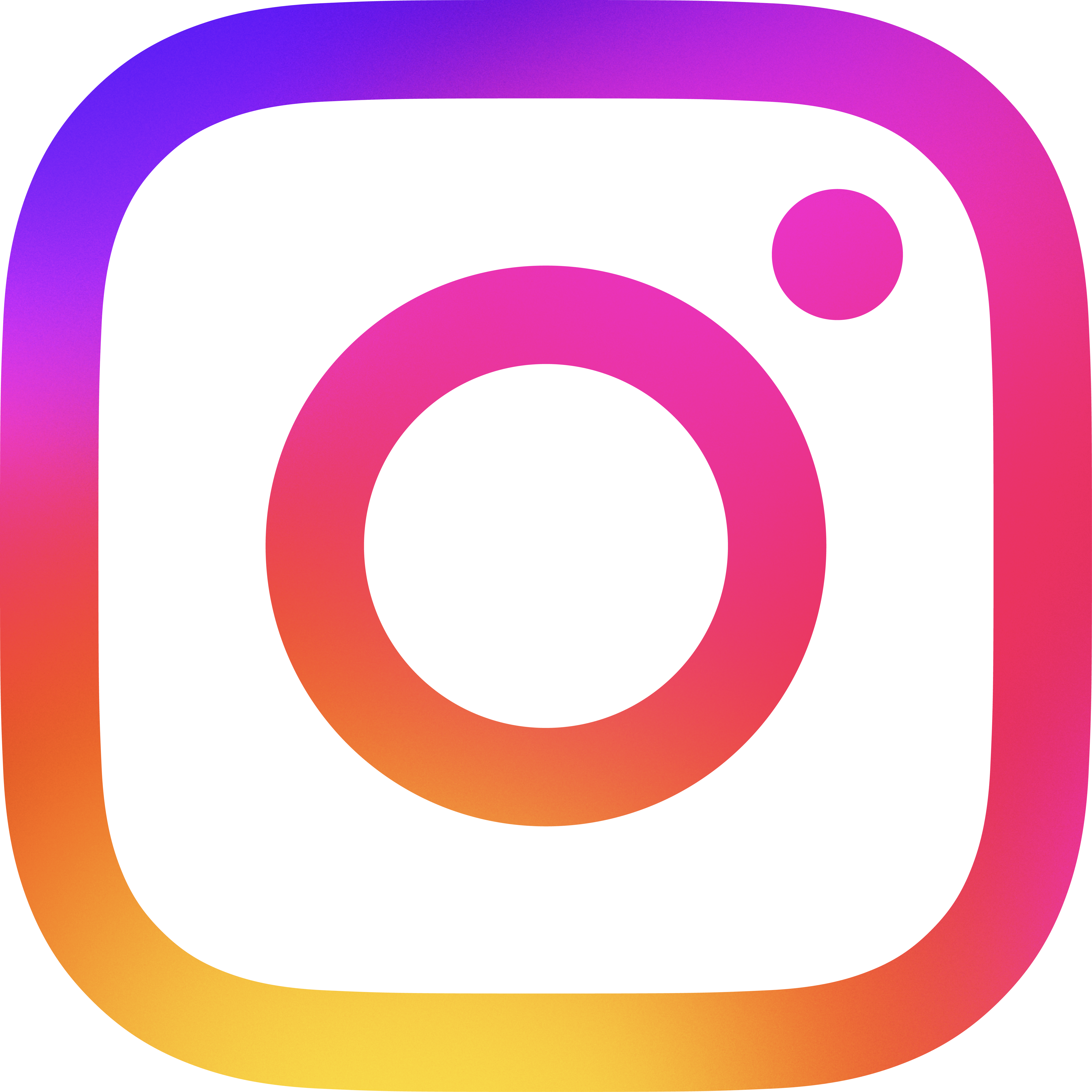Science, Technology and Society
The socially responsible application of science and technology
Introduction
Our lives and bodies are intertwined with science and technology. We depend on them to support how we live now and hope that new discoveries will improve our lives in the future. What can we do today, however, to bring about our ideal future?
Science, Technology and Society (STS) seeks to understand the challenges standing between the present we have and the future we want. Students explore the powerful social, ethical and political relationships that drive research and innovation, asking:
- What factors determine the trajectories of scientific research and technological development?
- Which research and development pathways have the greatest positive impact with the least harm, and who decides which pathways are taken?
- What strategies will influence decision-making to realize the best possible outcomes?
Using scenario analysis, simulations, and systems thinking, on teams and independently, students will learn methods to assess, design and influence the direction of scientific and technological change.
Because STS values interdisciplinary collaboration, we welcome students from all majors. If you have an interest in maximizing the societal benefits of scientific inquiry and technological innovation, you will be a valued member of our community.
Colloquium and Lecture Topics
- What are the grand challenges of our times?
- What drives technological change?
- How do we solve the scientific literacy problem?
- Why is thinking about race, gender and sexuality relevant to science and technology?
I felt a sense of belonging in the classroom that I could tell my instructors worked so hard to create. All of our perspectives and imaginative solutions to real problems were welcome. My Scholars program was a safe space where I learned so much about myself, my interests and the world.
Other Learning Opportunities
As an STS student, you’ll go on field trips that let you apply the techniques you learn in class to the real world. Sites include the National Institute of Standards and Technology, NASA Goddard Spaceflight Center, Baltimore Underground Science Space and the Smithsonian’s Innovation Hall.
Service opportunities are also embedded in the STS curriculum. As an STS student, you might volunteer for technical literacy workshops, participate in Regional Science Bowls, help out at Community Forklift and more.
STS features three rewarding practicum opportunities:
- Robotics service-learning program: Students explore innovative ways of encouraging STEM education in Prince George's County schools
- Infrastructure and Society: Students work with professional engineers on a service-learning project that assesses the safety and viability of infrastructure
- The Future of Science Communication: Students collaborate with scientists and laypeople to prototype ideas for communicating scientific and technical information.
STS's robotics service-learning program is always open to working with new partners. Please contact Tim Reedy if you are a school, community organization or other entity interested in:
- Partnering with STS to provide Lego robotics education;
- Recruiting volunteers for science, fairs, career days or demonstrations; or
- Working with STS on grant proposals or research.
Curriculum Overview
The STS curriculum is designed as a thematic complement to your major that will fulfill many of your General Education requirements. Over the two-year program experience (four semesters), students will complete 3 credits of colloquium, a 3-credit practicum and a 3-credit capstone course.
The following table represents a typical two-year curriculum, but individual schedules may vary. Details about courses and requirements can be found on the STS Citation Checklist.
| SEMESTER | COURSES | CREDITS |
|---|---|---|
| Freshman Fall | Scholars Colloquium | 2 credits |
| Academic Writing | 3 credits | |
| 3–4 courses toward degree and major requirements (including possible supporting course) | 9–12 credits | |
| Freshman Spring | Scholars Colloquium | 1 credit |
| 3–4 courses toward degree and major requirements (including possible supporting course) | 9–12 credits | |
| Sophomore Fall | Scholars Practicum (can be taken in the fall or spring) | 3 credits |
| Scholars Capstone (can be taking in the fall or spring) | 3 credits | |
| 3–4 courses toward degree and major requirements (including possible supporting course) | 9–12 credits | |
| Sophomore Spring | Scholars Practicum (if not already taken in the fall) | 3 credits |
| Scholars Capstone (if not already taken in the fall) | 3 credits | |
| 3–4 courses toward degree and major requirements (including possible supporting course if not already completed) | 9–12 credits |
Sponsoring College
Residence Hall
Cambridge Hall
Faculty
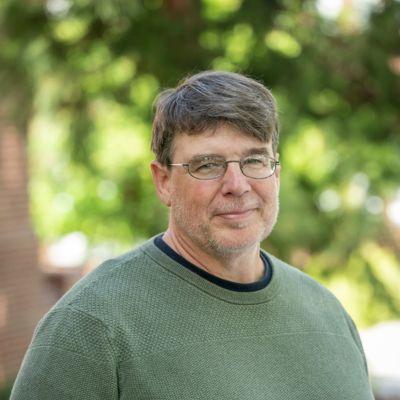
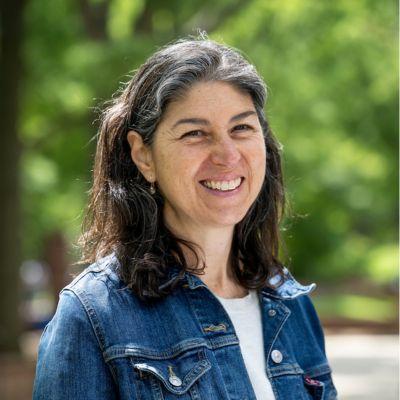
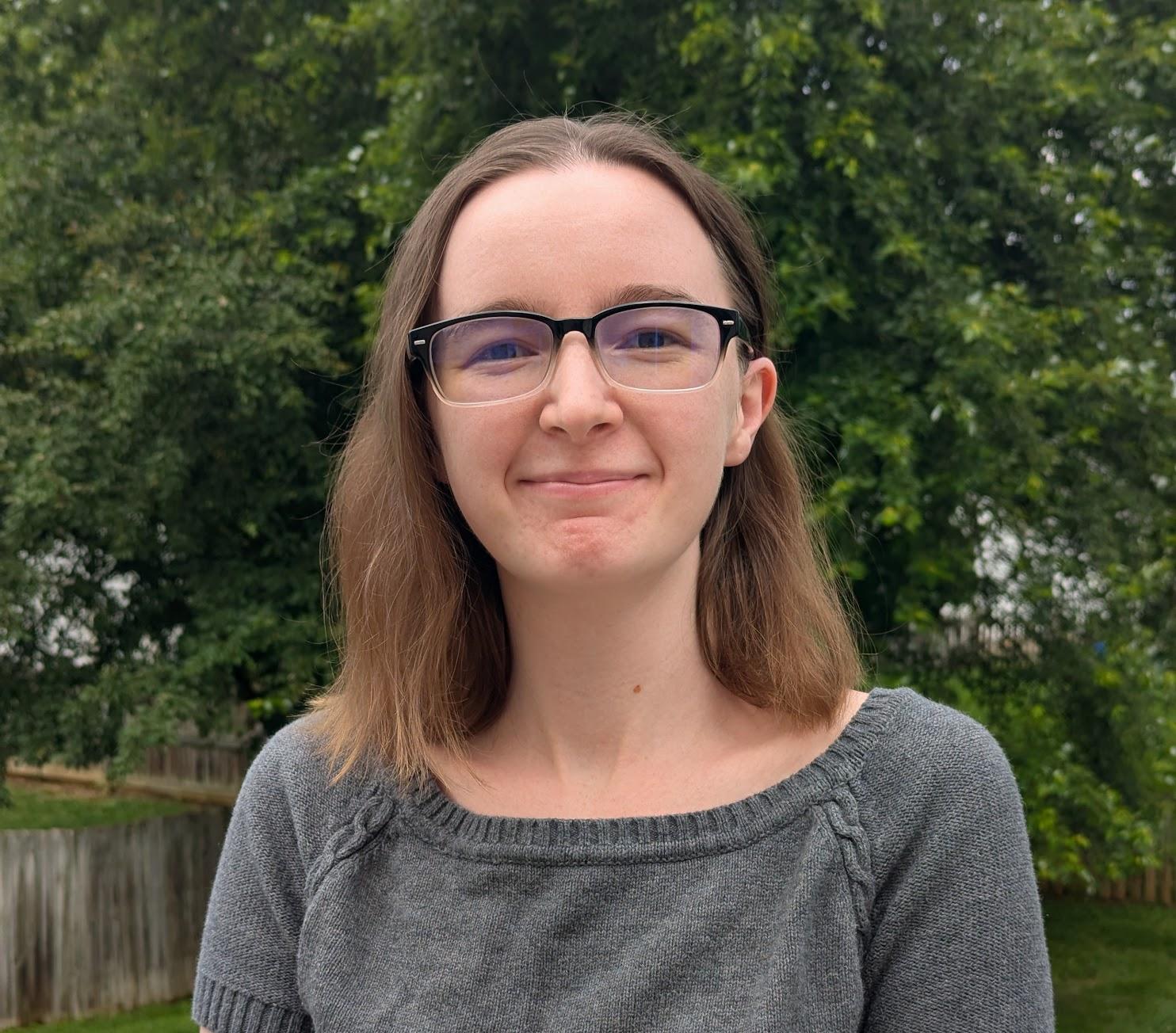
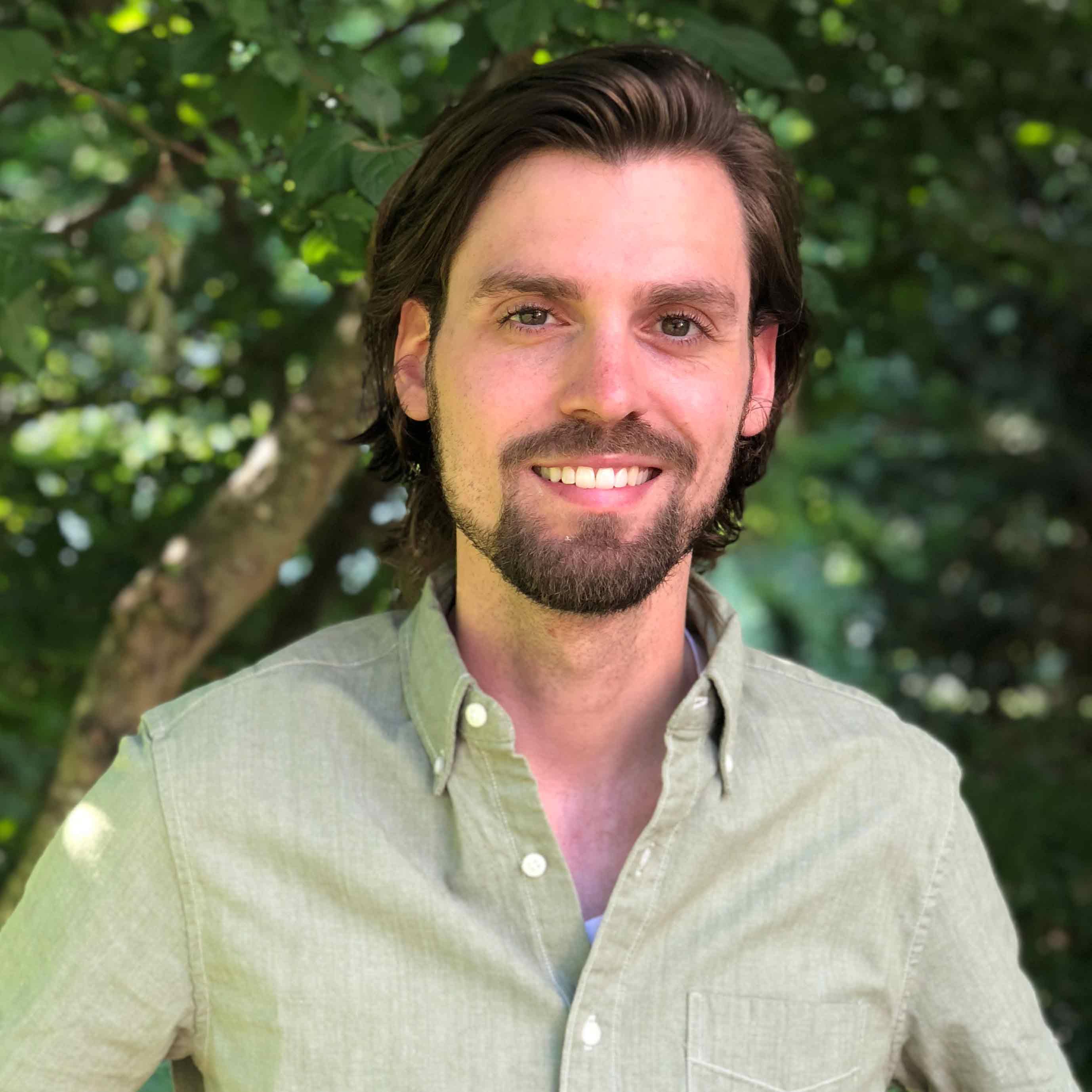
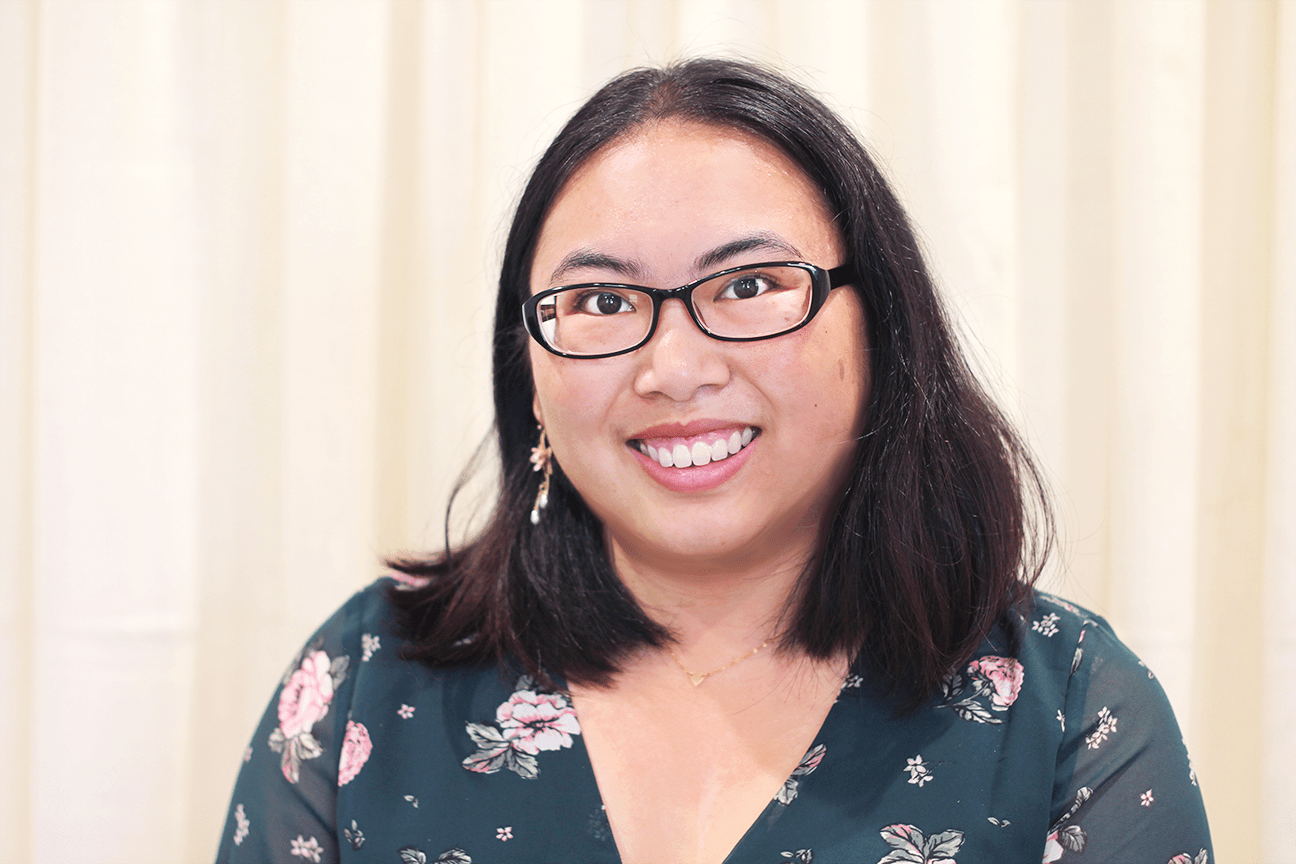
Christina Yang
Social Media Etc.
Stories Beneath the Shell: UMD and College Park Host First Technology Literacy Workshop since 2020, March 2022
Baltimore Sun: Experiential Learning in a Virtual World, February 2021
Science, Technology and Society News
Faculty and Staff Awards and Honors
A. James Clark School of Engineering Senior Lecturers David Tomblin, director of College Park Scholars’ Science, Technology and Society program, and Nicole Mogul, assistant director of the program, were included in the latest edition of the Maryland Today's roundup of awards and honors for UMD faculty and staff members.
STS Scholar Named Finalist for 2024 University Medal
Only five students are selected to vie for the most prestigious award for a graduating University of Maryland senior. The University Medal stands as the highest honor bestowed on a graduating senior. The award recognizes academic achievement, service to the community and exceptional character. Nominees must have earned a minimum GPA of 3.96 and 60 or more credits during their undergraduate career at UMD.One of the finalists was Guise Pham, a Science, Technology and Society (STS) Scholar.Fleeing postwar Vietnam, Pham’s mother dreamed of a better future for her children.
Fourteen Scholars Named Class of 2024 Senior Marshals
Senior Marshals are graduating seniors who have demonstrated the highest levels of scholarship, service to the campus community, extracurricular involvement, and personal growth. The University of Maryland Senior Marshals represent graduating seniors who have demonstrated the highest levels of scholarship, service to the campus community, extracurricular involvement, and personal growth.
Scholars Shine at Do Good Challenge Finals
Despite not capturing the top prizes at the 2024 Do Good Challenge Finals held earlier this week, four members of College Park Scholars and their respective projects shined.Two Scholars - Takiyah Roberts (STS) and Elias Laskey (GPH) - and their teams went head-to-head in the Project Track competition.
Three Scholars Advance to Do Good Challenge Finals
The Do Good Institute recently announced the selection of the 2024 Do Good Challenge finalists. The teams were selected from groups and organizations across campus that are tackling issues ranging from providing health education to reducing health disparities around the world to educating low-income youth on how to become entrepreneurs. On April 30, the finalists will share more about their work and impact with an audience of hundreds and a panel of expert judges at the Clarice to compete for a share of more than $20,000.Three of the six finalists are College Park Scholars. Congratulations to Sara Blau (International Studies), Elias Laskey (Global Public Health), and Takiyah Roberts (Science, Technology and Society)!
Five Scholars Named 2024 Do Good Challenge Semi-Finalists
The Do Good Institute recently announced the selection of the 2024 Do Good Challenge semi-finalists. These student-led teams will compete for the opportunity to advance to the Do Good Challenge Finals on April 30 where they will present in front of a panel of expert judges and an audience of hundreds and vie for a share of more than $20,000 in prizes.Five of the 14 semifinalists are College Park Scholars. Congratulations to Ethan Adler (MSS), Sara Blau (IS), Mohammed Ndiaye (GPH), Srivishnu Piratla (IS), and Takiyah Roberts (STS).

